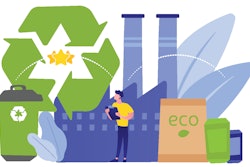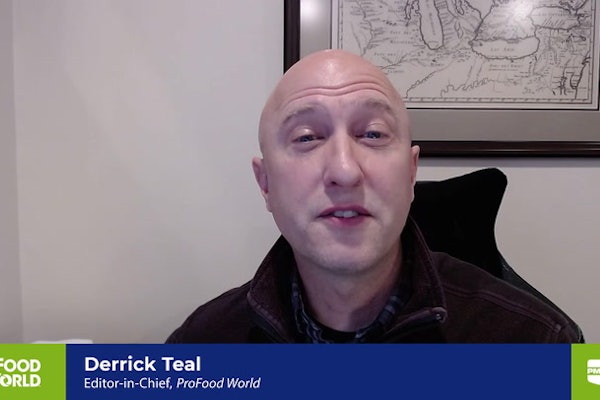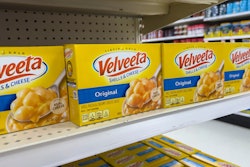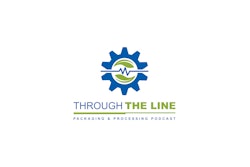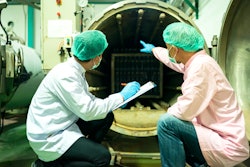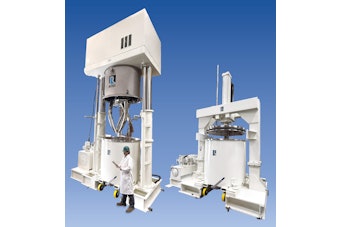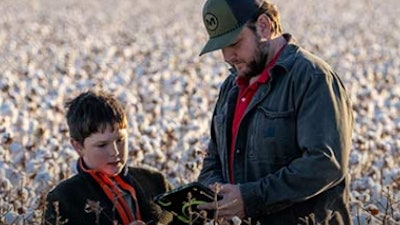
Cargill is introducing to Europe its RegenConnect agriculture program, which will financially compensate farmers in Germany, Poland, Romania, and France for adopting climate-friendly farming practices. The company also is expanding the program to North Carolina, South Carolina, Georgia, Colorado, Mississippi, Alabama, Oklahoma, Louisiana, and Texas.
Farmers enrolled in Cargill RegenConnect can choose the practices that are best suited to their operation’s growing conditions, which includes planting cover crops and implementing reduced- or no-till farming. These practices help sequester carbon in the ground, build soil resilience, and improve water quality. The program provides technical support and resources to farmers, and allows them to connect with some of the world’s largest companies seeking to reduce their environmental footprint while supporting regenerative agriculture.
 | Cargill Innovations Win 2023 Edison Awards |
For the 2023-2024 enrollment year, U.S. farmers can earn $35 per metric ton of carbon sequestered per acre. Cotton growers also can now participate in the carbon program and earn payments for carbon sequestration achieved through the adoption of new or expanded regenerative agriculture practices.
For the 2023-2024 enrollment in Europe, Cargill will offer market competitive pricing based on metric ton of carbon sequestered per hectare of a primary crop in Cargill’s supply chain, such as rapeseed, wheat, corn, barley, or sunflower.
“Cargill RegenConnect’s success to date demonstrates how making sustainable, regenerative agriculture financially viable for farmers can help nature-positive production practices scale more quickly and become standard,” says Chantelle Donahue, Cargill North America agriculture supply chain vice president. “It is one of the many ways we plan to meet our goal to reduce emissions in our supply chain and will impact every area of our business—from sourcing wheat and corn for our starches and sweeteners to growing rapeseed oil for our salmon feed.”

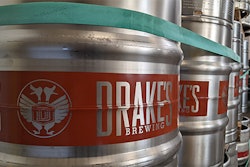
![Executives discuss corporate innovation at the Chicago Venture Summit (left to right: Nisaini Rexach - Microsoft [moderator]; Rainer Struck - Mars Wrigley; Alan Kleinerman - Kraft Heinz; Alison Borgmeyer - Edelman; Richard Bull - DLA Piper)](https://img.profoodworld.com/files/base/pmmi/all/image/2023/05/Header2.646f859e4d971.png?auto=format%2Ccompress&fit=crop&h=167&q=70&w=250)
